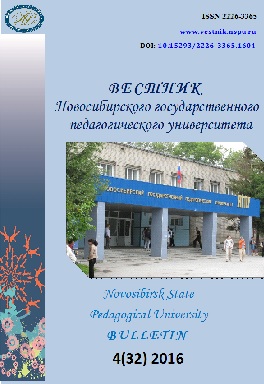Изучение иностранного языка и ИКТ: взаимосвязь возраста обучаемых и степени использования ИКТ
Foreign language learning and technology: differences in learners’ perspective and beliefs in relation to the age factor
Author(s): Ivana Grabar, Tea GlavašSubject(s): Education, Language acquisition, Computational linguistics, Higher Education
Published by: Новосибирский государственный педагогический университет
Keywords: Age-related differences; learner motivation; learner beliefs; computer-mediated communication (CMC); computer assisted language learning (CALL)
Summary/Abstract: Being a driving force in almost every aspect of contemporary life, information technologies have become an integral part of the foreign language (FL) learning process. Computer-mediated communication (CMC) tools are being more frequently used for social and professional activities, such as language learning. Due to their entertainment aspect, both the general use of computer and the use of computer assisted language learning (CALL) in the classroom could exert a beneficial effect on learners’ motivation to learn, especially for those learners expressing interest in technology. Taking into account the potential motivational power of technology use, this research attempts to explore the difference displayed across various age groups in relation to technology use in general, and especially in the FL learning context. More specifically, the research seeks to examine the motivation in using technology, the frequency and form of technology use, learner beliefs about computer use in FL learning, and the effect of its use on learner motivation to invest effort in learning. The sample included high school learners, learners at the university level and learners over 30 years of age. The data was collected by means of a questionnaire which had been adapted to the needs of students, i.e. various age groups, and analyzed using the SPSS software. The results confirmed the strong significant effect of the age-related factor on learner attitudes toward technology use, its application, and potentially beneficial impact on FL learning as well as on its motivational power in the FL learning context.
Journal: Вестник Новосибирского государственного педагогического университета
- Issue Year: 6/2016
- Issue No: 4
- Page Range: 50-58
- Page Count: 9
- Language: English

